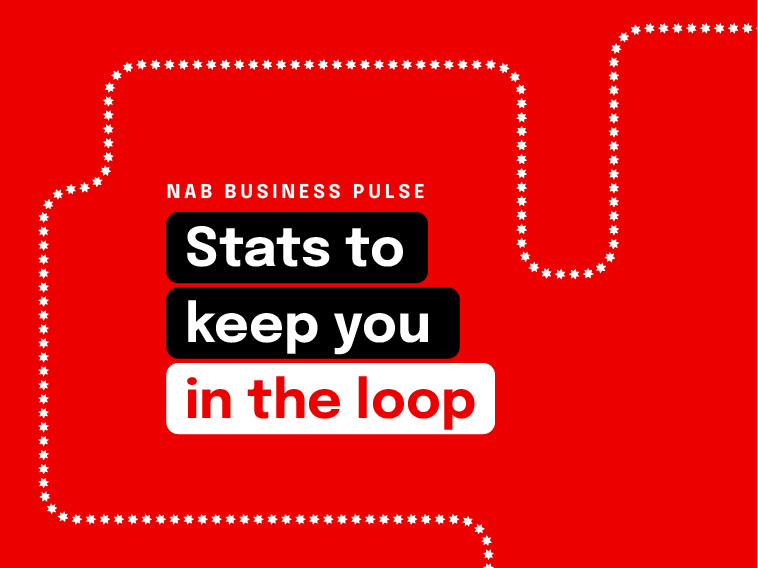The good news is business conditions are up again. So, what’s driving them? We put you in the know.

Article
Influence isn’t about telling people what to do or even expecting them to respond to a logical argument. Neuroleadership expert Jon Pratlett draws on the latest findings in neuroscience to provide practical advice on using influence to shape a successful business.

Business success is built on influence. The quality of your relationships with your employees, customers and other stakeholders depends on your ability to change the way they think, feel and act.
But, as neuroleadership expert Jon Pratlett points out, that doesn’t mean telling them what to do. “The days of the workplace ‘command and control’ model are long gone,” he says. “Influence is all about engagement and people engage on a much deeper level when they’re asked for their input and allowed to make their own suggestions and decisions.”
The latest research in neuroscience has uncovered that a leader or business owner who is a CARER – someone who creates Certainty, Autonomy, Relationship, Equity and builds your Reputation – activates the reward region of the brain in other people. By helping to satisfy these profound social needs, a CARER is far more likely to inspire commitment, loyalty and productivity. “It seems that these social needs are at least as important as our basic survival needs, so there’s enormous potential and humanity in using this knowledge to build a loyal and effective workforce,” Pratlett continues.
Before you attempt to influence anyone, remember that, most of the time, our brains run on the principle of safety first – both physical and social – as well as on autopilot. Helping people to feel safe will bring out their best.
At the same time, you may also need to abandon the traditional view that people base their decision-making on objectivity and reason. “We expect to be able to influence someone by presenting a logical argument and, when they’re not convinced, we feel angry and frustrated,” Pratlett says. “In fact, we make our decisions based on emotion and then justify them with logic, so it’s important to pay attention to what people feel about an issue.”
Social media has brought a quantum shift in the way businesses interact with their customers. “We have more opportunities to exert influence and we can apply it to a wider market, but it can take time and patience to convert that into sales,” says Pratlett. “We’ve moved towards an escalation model, where you might start out by giving away a sample or information then sell something for a very low price to build trust and interest so that, when you offer something of higher value, people are more likely to buy.”
But it’s important to remember the influence now works both ways. “Not so long ago, if your customers felt they’d been unfairly treated, the worst they could do was tell a few friends,” says Pratlett. “Now they can tell people all over the world. You should monitor what is being said about your business so you can exert your influence to manage negative opinions as well as building positive ones.”
Influencing your employees
Influencing your customers
Find out more about Jon Pratlett.
More from NAB:
© National Australia Bank Limited. ABN 12 004 044 937 AFSL and Australian Credit Licence 230686.